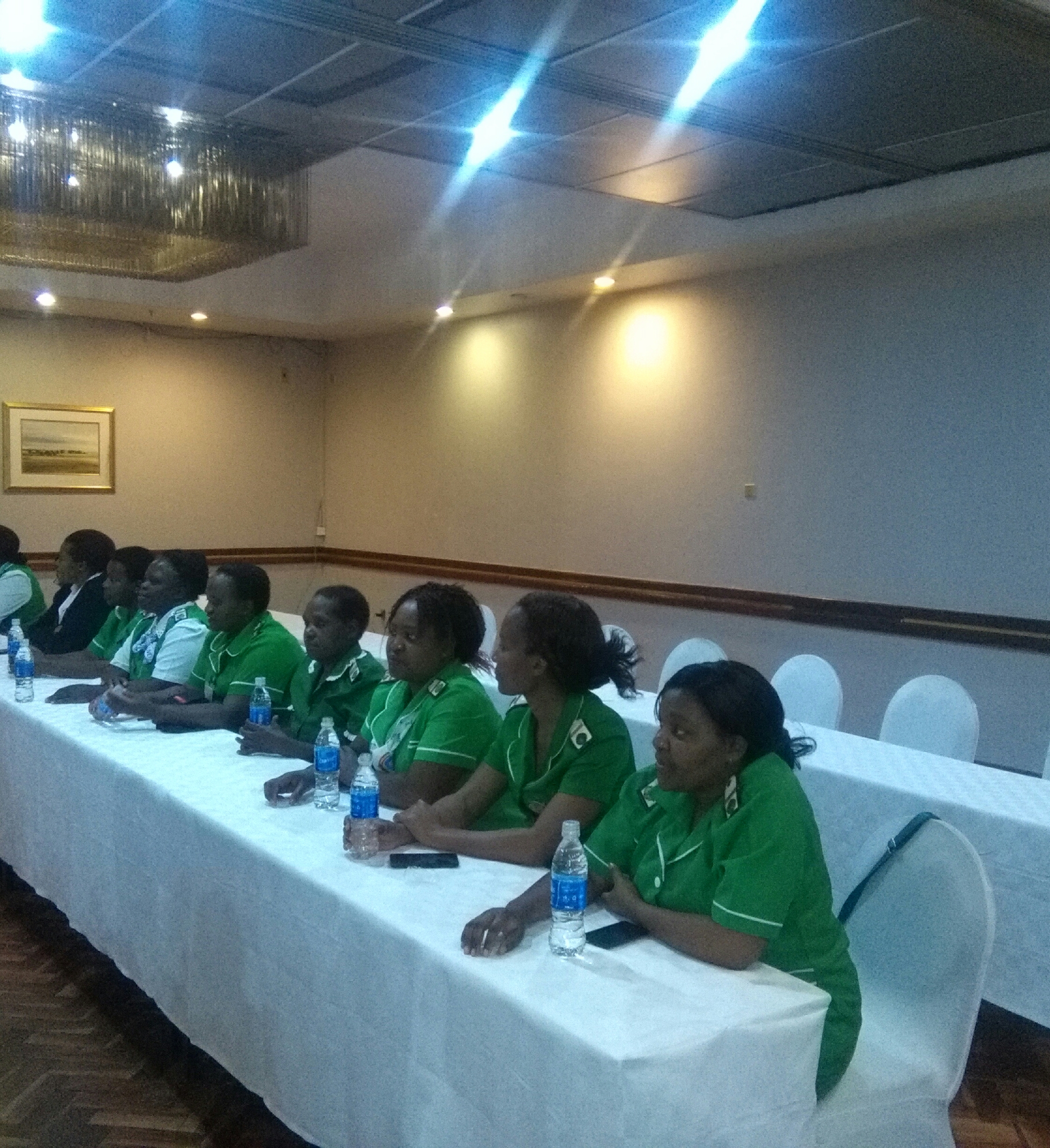By Byron Mutingwende
Jacob Jaya (not real name) squatters to mend the tyre of his rickety 1998 Nissan model car imported from Japan. Jaya is a senior tutor at one of the famous nursing schools in the country.
“For someone like me, it pains me that my lifestyle is no better than that of a general hand at the hospital. I am a nurse educator with relevant qualifications and expertise that deserve a better remuneration. I started off with a diploma in general nursing. I did not end there since I went on to attain a Masters Degree in Public Health, a degree in Quantitative Methods in Clinical and Public Health Research, a certificate in Evaluating Social Programme, a Bachelor of Science in Nurse Education, a Diplomas in Statistics and Mental Health Studies just to mention a few. The bad thing is that I earn just a little above $200 compared to the lowest clinical staffers like a general hand despite these qualifications,” Jaya said with a resigned tone.
The comparison with other educators with similar or slightly lower qualifications in terms of remuneration and conditions of work begs more questions than others.
Investigations undertaken by Spiked Online Media revealed that a nurse educator’s salary ranges between $325 and $345, gets a housing allowance of $100 and transport allowance of $129 and a medical allowance of $48 per month. Compared to principals of teachers’ and polytechnic colleges, the earnings of nurse educators are just a drop in the ocean. A lecturer at these institutions of tertiary education has a salary of $2000 while the college principal has a service vehicle and a house as additional benefits, which is not the case with a principal tutor.
On 14 December 1989, Zimbabwe ratified and put in force Convention C100 on Equal Remuneration Convention, 1951 (No.100) which is a fundamental Convention.
According to Article 2 of the Convention, each Member shall, by means appropriate to the methods in operation for determining rates of remuneration, promote and, in so far as is consistent with such methods, ensure the application to all workers of the principle of equal remuneration for men and women workers for work of equal value.
Simangaliso Mafa, the President of the Zimbabwe Nurses Association said there was a need to strengthen the healthcare delivery system by improving the conditions of nursing managers and educators.
“There is need to maintain the healthcare delivery by implementing the Berlin Declaration of May 2017. Our nursing managers are the least paid in the region and internationally. This demeans their leadership, educational and professional skills,” Mafa said.
The Public Service Commission (PSC) was responsible for the remuneration of all members of the civil service until the Health Services Board took over in 2005. Based on experiences under the PSC, nurse managers feel worse off, disgruntled and neglected under the Health Services Board (HSB), which directly emananted from the Health Sercices Act.
“The HSB current structure elevated the executive team members of every level to Chief Executive Officers and directors but did not include nurses in the process. The effect was the elevation of staff under the operations and finance divisions,” said Peggy Dube, a Principal Tutor at Harare Central Hospital.
David Parirenyatwa, the Minister of Health and Child Care said it was imperative to improve the remuneration of healthcare workers in line with regional standards but the government was hamstrung by fiscal constraints.
Prisca Mupfumira, the Minister of Public Service, Labour and Social Welfare weighed in by promising an improvement in the conditions of service for all government workers.






